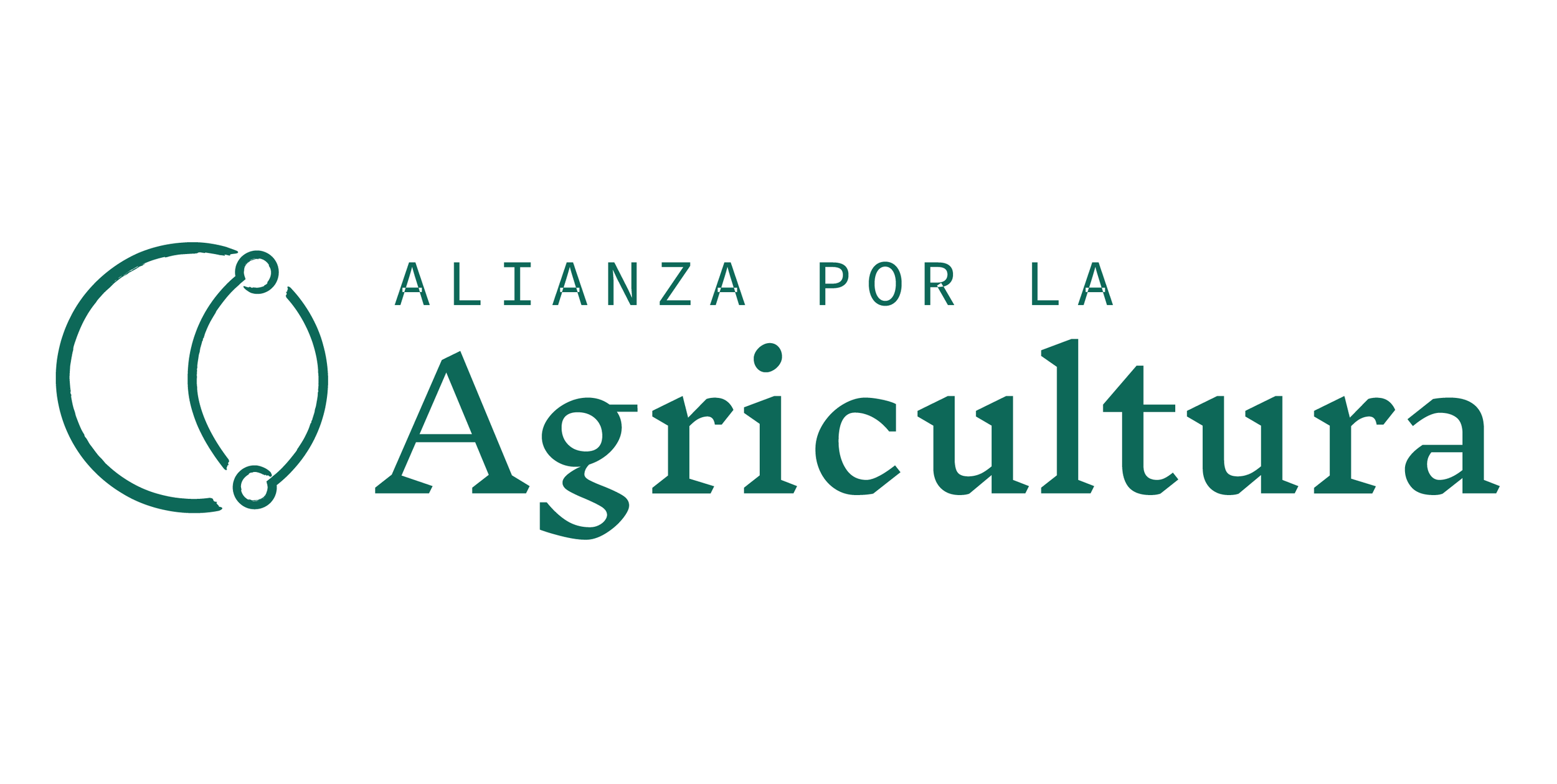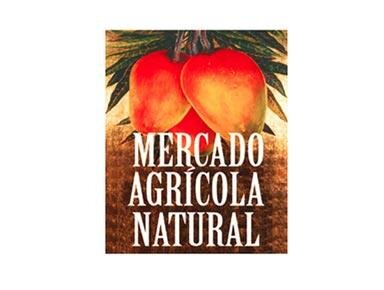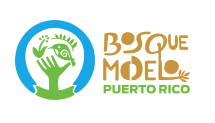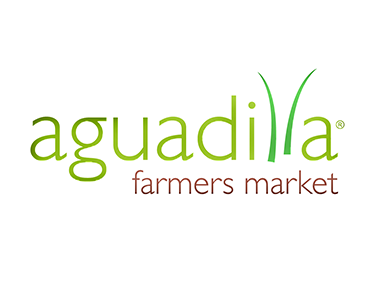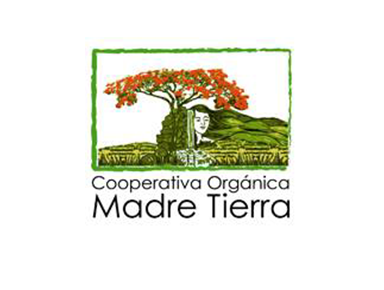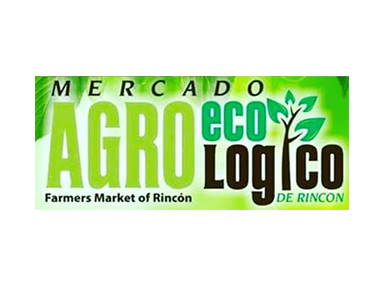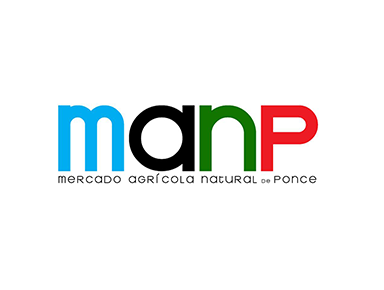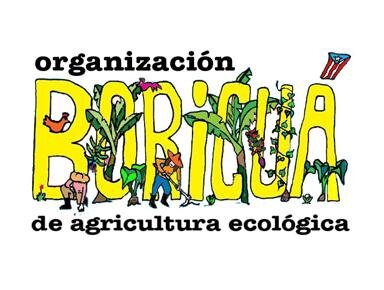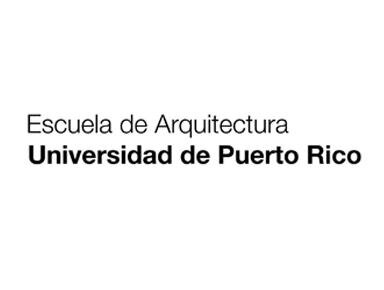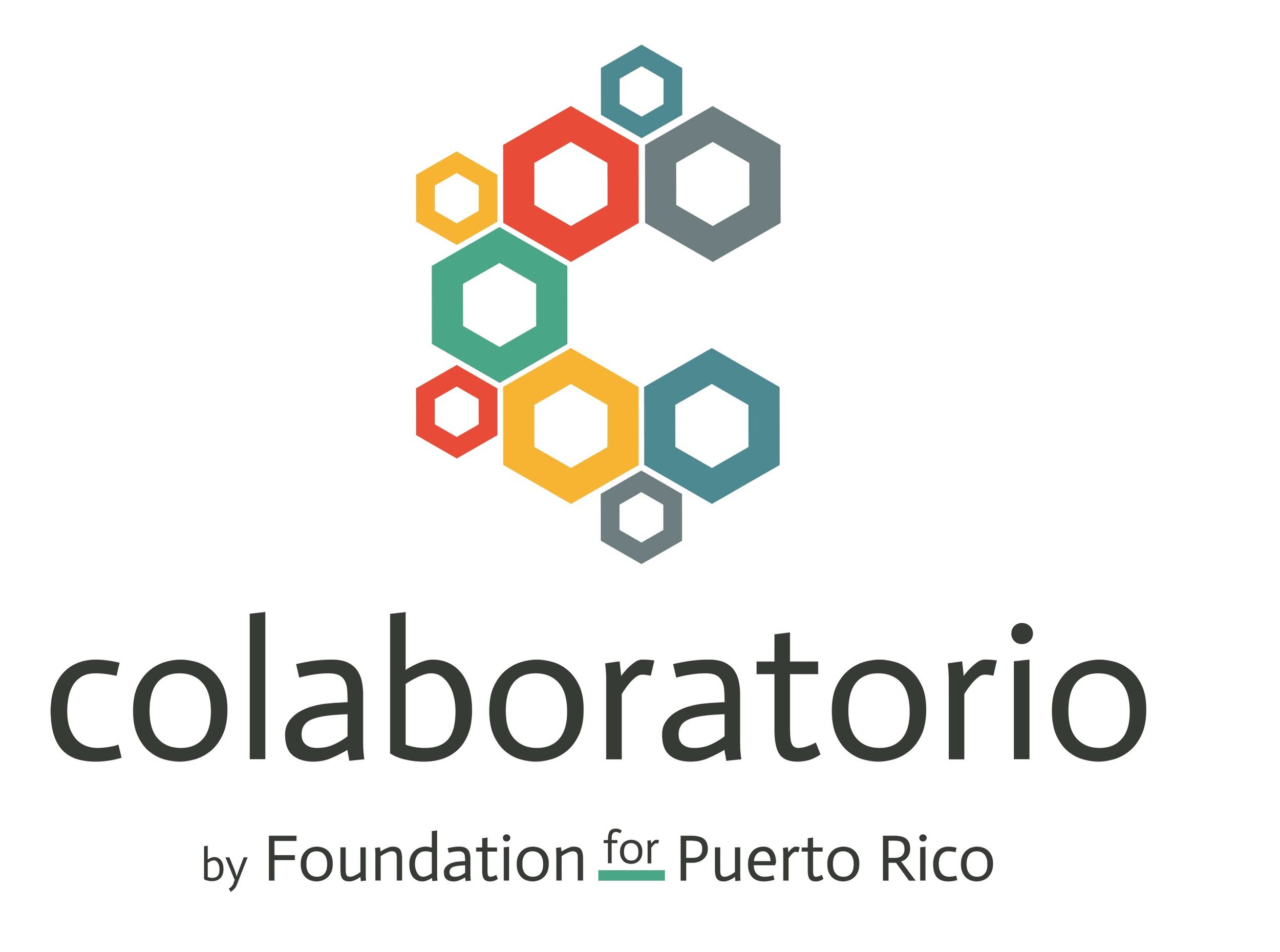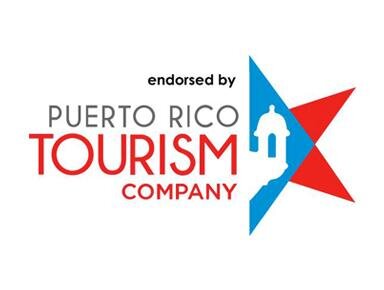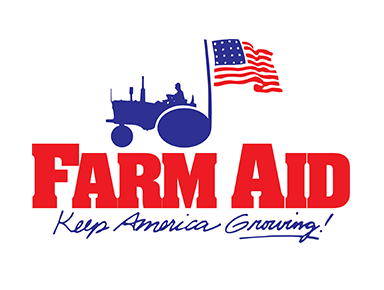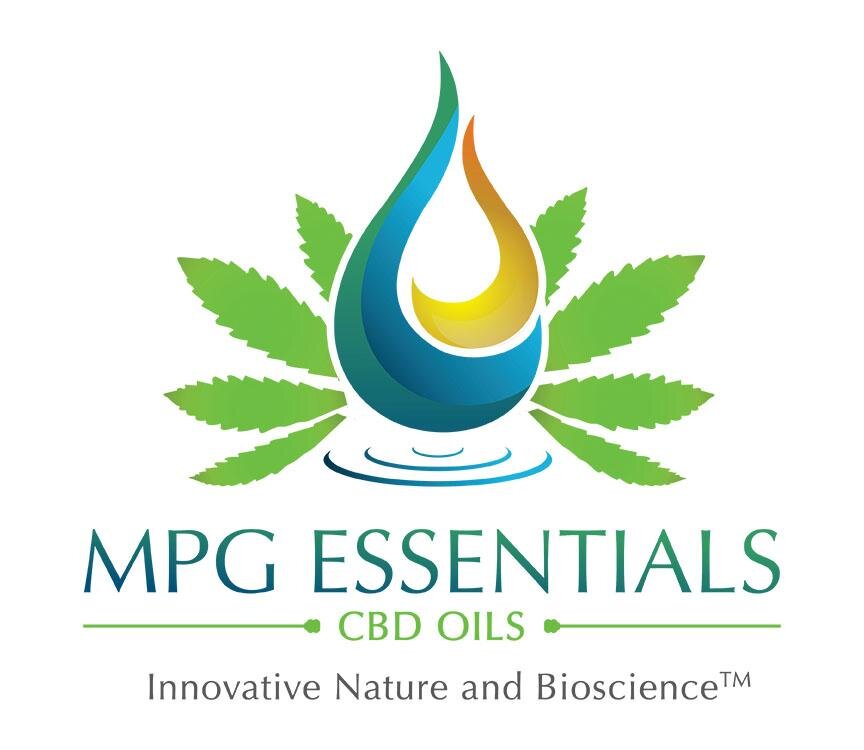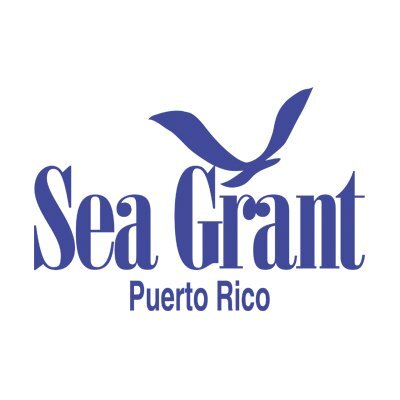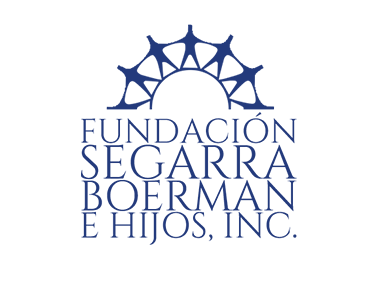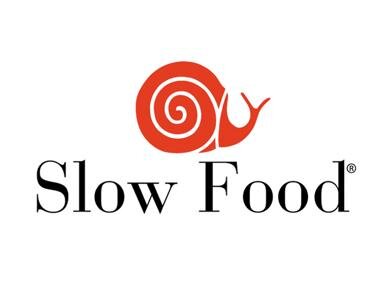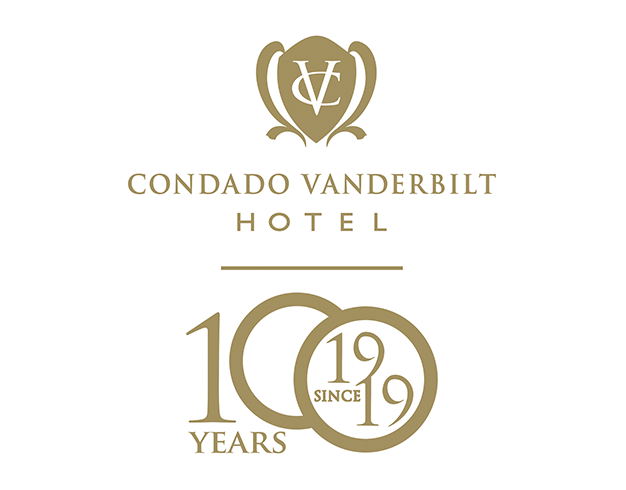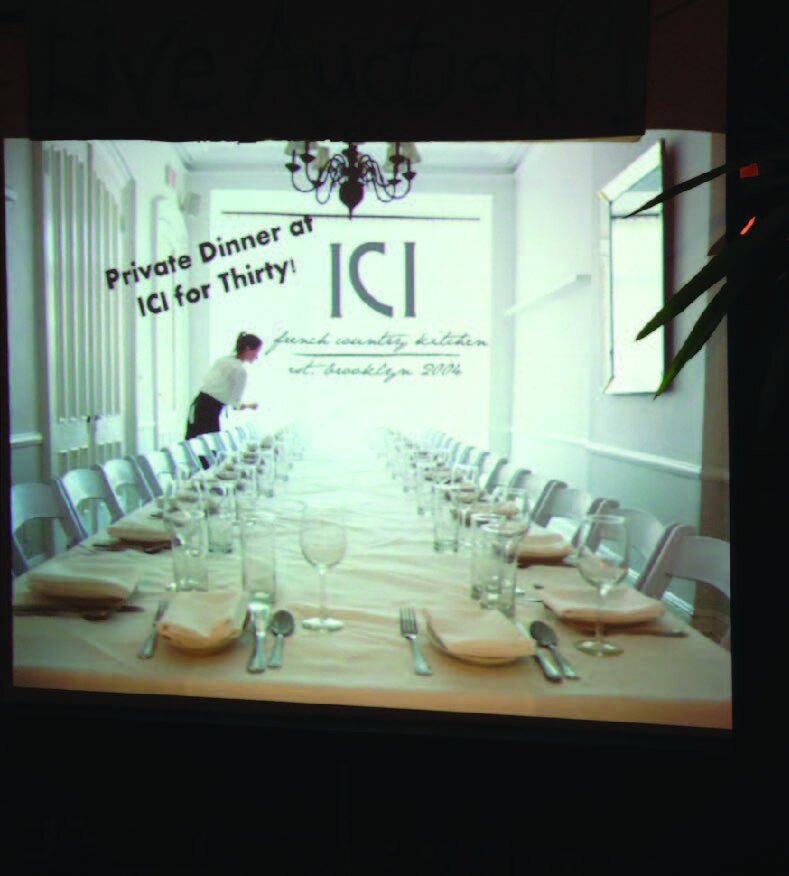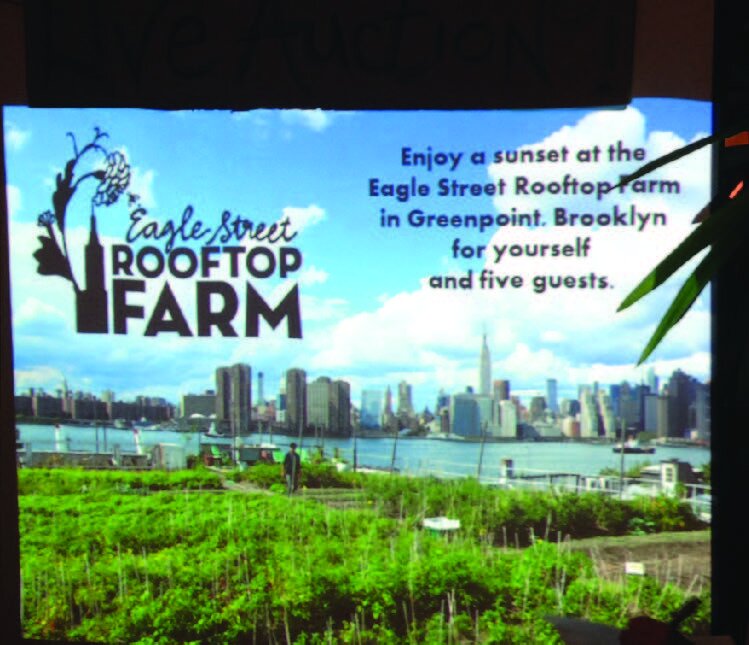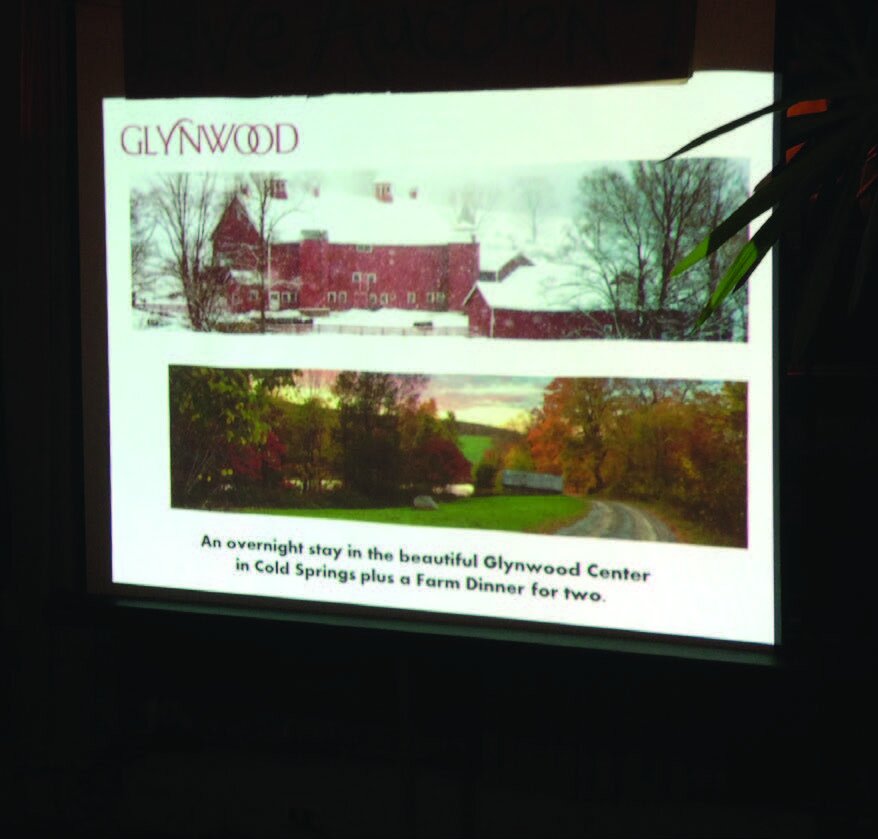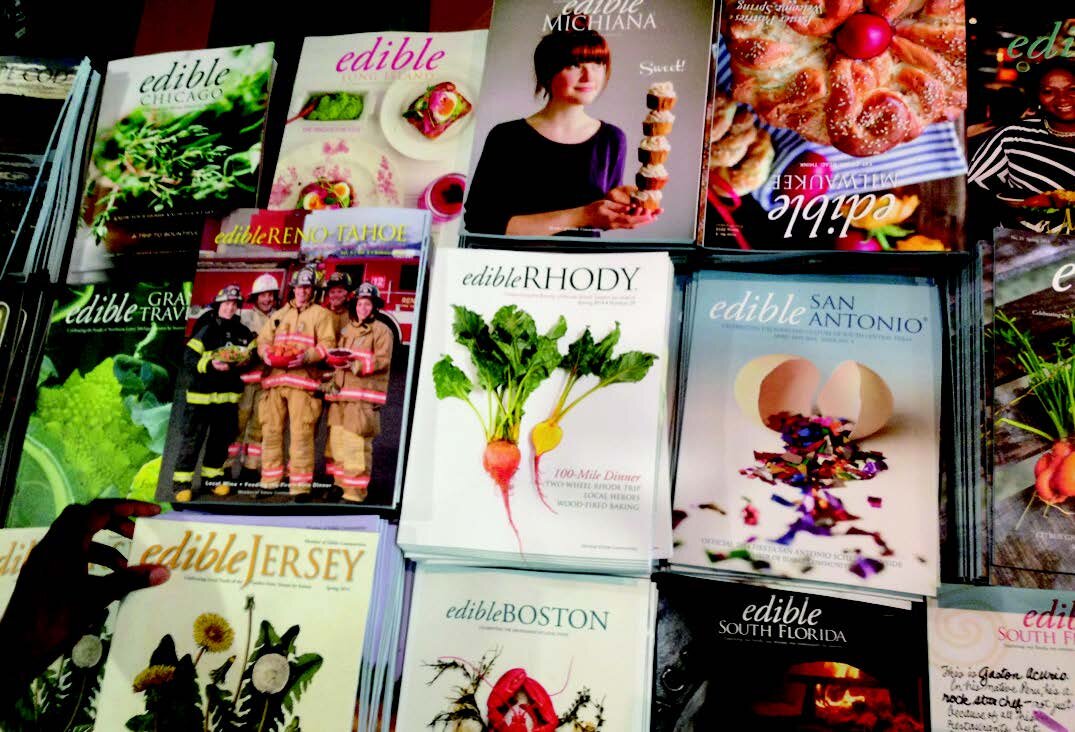Mission
RICO, Inc. is a 501 c3 non-profit organization dedicated to:
The development of agriculture in Puerto Rico through education, health and food security through organic, community and urban agriculture.
Offer educational services through seminars and workshops for farmers in management, administrative and technical matters.
The protection and conservation of the natural resources of Puerto Rico.
Vision
Be the engine of the agricultural economy.
Collaborators:
How it Started
Rico was born in 2013 as Camille Collazo's Master’s thesis in the Program Designer as Entrepreneur, School of Visual Arts in New York. By the time she had to choose her thesis subject, her father developed cancer. For his recovery he needed fresh nutritious food. It was eye opening to realize how scarce the ecological food production was in Puerto Rico.
During research, she worked with her thesis director Zack Yorke to meet, interview and connect with professionals in the field of food and agriculture in Puerto Rico and the United States, among them: Gustavo García, Carmelo Ruiz, Salvador Coleman Tió, Tara Rodríguez, Laura Daen, Kathleen Fritz, Andrew Boyd, Gabrielle Langholtz, Marion Nestle, among others.
Jacques Servin and Andrew Boyd in Creative Activism Workshop.
By September 2013, she meets Andrew Boyd who guides her idea into creative activism, a kind of meta activism that facilitates the engagement of active citizens in temporary, strategically manufactured, transformative interventions in order to change society for the better by communicating conflicts and/or solutions to provoke reflection and consequent behavioral changes. The concept should be brought to the public in an attractive, persuasive manner.
Agriculture research in Puerto Rico took a larger dimensions with the report of the Laws of Cabotage by Héctor Collazo (her father), Balada Transgenic by Carmelo Ruiz, the thesis of Myrna Comas Secretary of Agriculture, Presentation of Vulnerability in the Food Chain and Salvador Coleman's thesis Tió in agroecology: Advantages, Challenges and Alternatives for Agroecology: A Model for Puerto Rico.
Andrew Boyd advised her to volunteer in December 2013 at the Small Planet Fund where she met Anna Lappé and Frances Moore Lappé. Among the auctioned items there were agrotourism experiences. It was then when she realized the attractive/persuasion concept was tourism, since it is one of the strongest Industries in Puerto Rico, and 2011 Statistics demonstrated the economic development of the ecotourism and gastronomy tourism industries.
In January 2014, Camille participated in a trip to Cuba organized by Salvador where she traveled with a group of 20 young people, farmers and filmmakers. She learned first-hand from Puerto Rican and Cuban farmers of the profession, their passions and motivations. This reconfirmed the importance of replicating encounters with the protagonists of the food to create a platform for visitors to have the opportunity to bridge the gap between consumers and farmers.
After graduation, she returned to Puerto Rico to make the project a reality, moved back in with her parents to drop expenses to the bare minimum, and the first months, May – Sept. she traveled around the island visiting farms and meeting more farmers to establish relationships and validate if it was an idea worth pursuing.
Since 2015, VisitRico has celebrated 40 Farm to Tables in 20 municipalities of Puerto Rico, joined Slow Food Youth Network, brought farmers to Terra Madre Giovanni, celebrated agritourism routes, volunteerism opportunities, fundraised for farmers after natural disasters, began a statistics program, and continues to grow as a convener organization that serves both farmers and consumers interests, healthy food for all the population.
FAQs
¿Qué es VisitRico?
Somos una organización sin fines de lucro que apoya y fortalece a los agricultores locales para que se produzcan alimentos más saludables.
¿Dónde está localizado?
Nuestras operaciones se encuentran localizadas en Puerto Rico. Oficina física por determinarse en tiempos de Covid, la dirección postal: Calle Guayama 556, San Juan, Puerto Rico, 00918.
¿Cuál es la misión?
Proteger, conservar y desarrollar la agricultura en Puerto Rico desde la educación, promoviendo la seguridad alimentaria a través del agroturismo, la agricultura ecológica, comunitaria y urbana.
¿Cuál es la visión?
Ser el motor de la economía agrícola.
¿Qué valores nos mueven?
Creatividad, solidaridad, empatía, humanismo, compromiso y respeto.
¿Cuál es el propósito?
Educación para el desarrollo de la agricultura. (ED = Educación para el Desarrollo)Conservar el Patrimonio Agrocultural isleño.
¿En qué creemos?
Creemos en un Puerto Rico más saludable y con soberanía alimentaria.
¿Quiénes trabajan aquí?
Una comunidad de perfiles multidisciplinarios comprometidos con la salud de los puertorriqueños.
Si tiene preguntas que no le contestamos nos puede escribir a coco@visitrico.org, con mucho gusto le contestaremos.
¿Qué Programas trabajamos?
Data Hub: Recolecta y transforma los datos de la comunidad agrícola en conocimiento para una toma de decisiones óptima en el sector agrícola.
Volunturismo: Une los intereses de los voluntarios locales e internacionales con la necesidad por mano de obra que tiene la agricultura puertorriqueña.
Interpretación Agrocultural: Curso para agricultores, creado para certificar sus habilidades y estrategias de comunicación para proporcionar recorridos agroturísticos en fincas.
Mesas de Campo: El evento se compone de dos actividades; un almuerzo o cena preparada en las fincas con productos frescos locales y un taller educativo alimentado con conocimiento. Integramos a la comunidad general con los personajes centrales de la red agroalimentaria: agricultores, apicultores, pescadores, chefs y productores.
Regrow: Campañas de recaudación de fondos que abordan y gestionan la necesidad de nuestros pequeños agricultores de recuperar la estabilidad económica luego de desastres naturales como el huracán María en 2017 y los terremotos que afectaron a Puerto Rico en el 2020.
Rutas de Agroturismo están diseñadas para resaltar y dar exposición a las fincas y sus alrededores. Nuestro objetivo es tener un impacto en el desarrollo de la agricultura y las empresas agrícolas.


